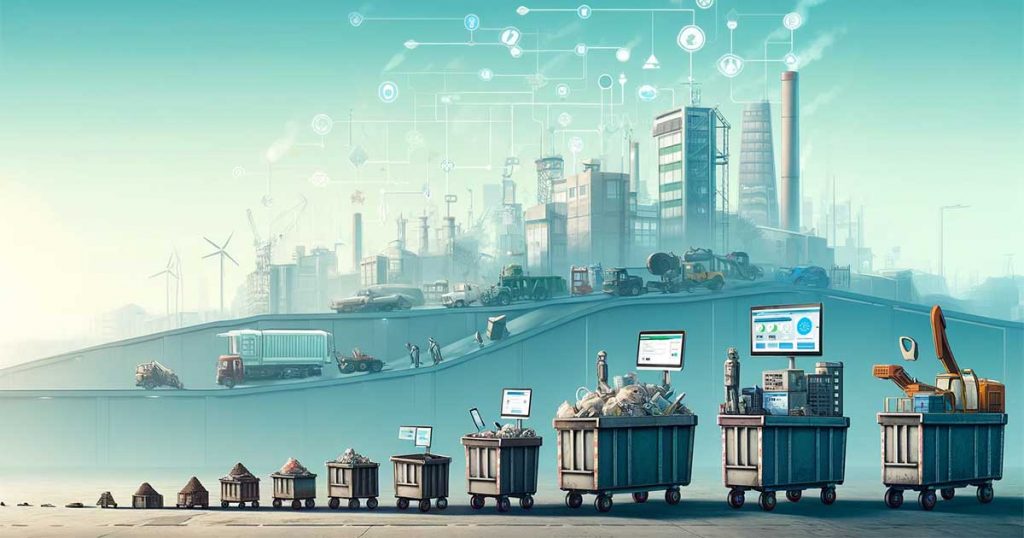
In the ever-evolving landscape of waste management, skip bin services have undergone a remarkable transformation. From humble beginnings to becoming indispensable components of waste disposal strategies, the evolution of skip bin services is a testament to the adaptability and innovation within the industry.
Let’s quickly look into the history, advancements, and future prospects of skip bin services, exploring their journey from simple receptacles to sophisticated waste management solutions.
Skip bins, also known as dumpsters or skips, have a rich history dating back to the early 20th century. Initially used primarily in the construction industry, these large containers were designed to efficiently collect and transport construction waste. The concept of skip bins quickly gained traction due to their convenience and effectiveness in managing large volumes of waste.
Over time, skip bins transcended their original purpose and found applications in various sectors, including residential, commercial, and industrial settings. Their versatility and practicality made them a popular choice for waste disposal across different industries, contributing to their widespread adoption.
As the demand for efficient waste management solutions grew, so did the need for technological innovations to enhance the capabilities of skip bin services. One significant advancement in recent years is the integration of skip hire management software, which revolutionized the way skip bin services are operated and managed.
Skip hire management software streamlines the entire process, from booking and scheduling to tracking and invoicing. By digitizing manual tasks and providing real-time insights, this software empowers skip bin companies to optimize their operations, improve customer service, and maximize efficiency.
With features such as GPS tracking and route optimization, skip hire management software enables companies to minimize fuel consumption and reduce their carbon footprint.
In addition to technological advancements, the evolution of skip bin services has been shaped by growing environmental concerns. As sustainability becomes a top priority for businesses and individuals alike, skip bin services are adapting to meet these changing demands.
Modern skip bins are designed with sustainability in mind, incorporating features such as recycled materials and efficient waste-sorting mechanisms. Furthermore, skip bin companies are increasingly embracing eco-friendly practices, such as recycling and waste-to-energy initiatives, to minimize the environmental impact of waste disposal.
Looking ahead, the future of skip bin services is promising, driven by ongoing innovation and a growing emphasis on sustainability. As technology continues to advance, we can expect to see further integration of artificial intelligence and automation in skip bin operations, leading to even greater efficiency and cost-effectiveness.
Moreover, the shift towards a circular economy is likely to influence the development of skip bin services, with an increased focus on resource recovery and waste minimization. By embracing emerging trends and technologies, skip bin companies can position themselves as leaders in the evolving landscape of waste management, driving positive change for the environment and society as a whole.
In short, the evolution of skip bin services is a testament to the industry’s resilience and adaptability in the face of changing demands and technological advancements. From their humble origins to becoming essential components of modern waste management systems, skip bins have come a long way.
With the integration of skip hire management software and a focus on sustainability, the future looks bright for skip bin services, paving the way for a more efficient and environmentally friendly approach to waste disposal.
